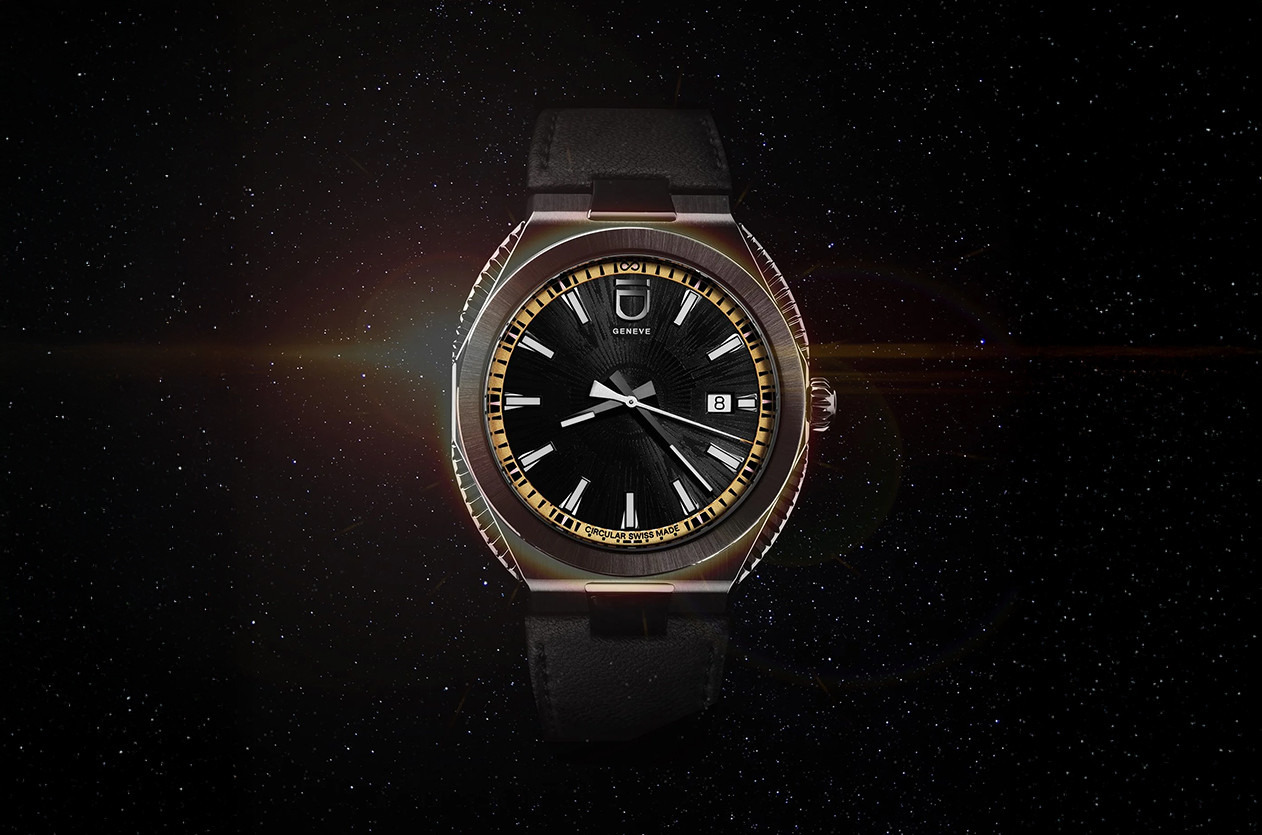
Introducing ID Genève Unveils the Circular S Eclipse
Welcome to the hub of the horoloy
the number of vibrations performed by the hairspring per hour. Frequency is an important indicator of accuracy and performance in a watch. The higher the frequency, the greater the accuracy and stability in timekeeping. A higher frequency improves the watch's accuracy and reduces the impact of external factors on its movement. Conversely, a lower frequency reduces the accuracy of the watch and makes it more susceptible to external changes. The frequency of a watch is measured in hertz (Hz).
The frequency of a watch varies among different timepieces and depends on the internal movement of the watch. In automatic mechanical watches, the frequency typically ranges from 2.5 Hz to 5 Hz, which translates to 2.5 to 5 vibrations per second. On the other hand, in quartz watches, the frequency is very high and can range in the tens of thousands of hertz.
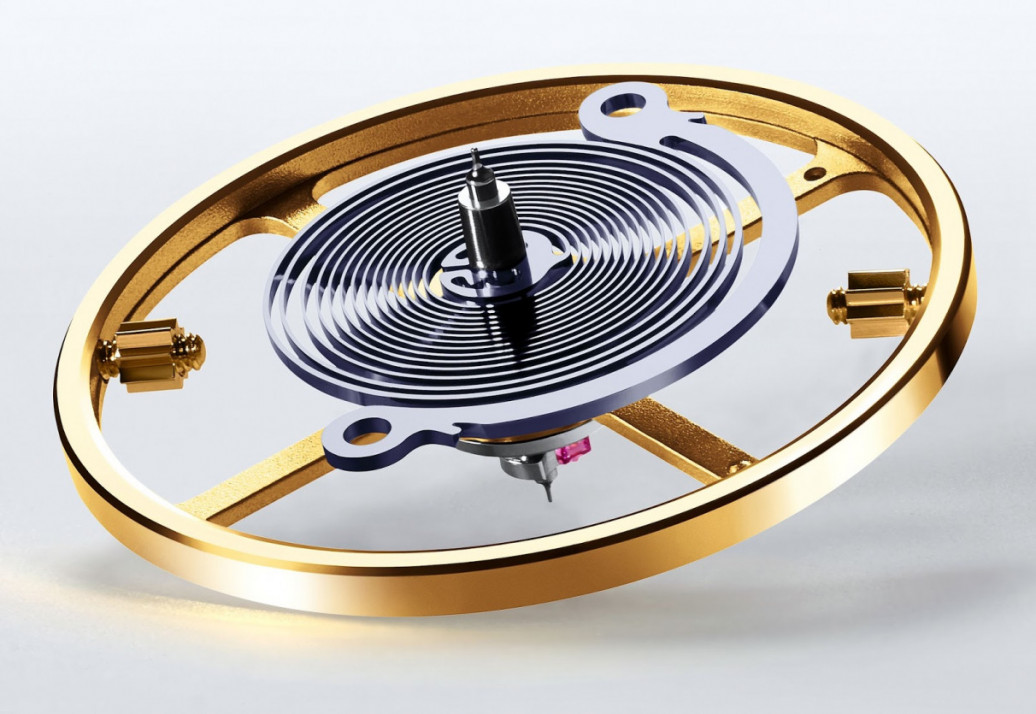

News Dubai Watch Week 2025 Will Be the Largest Ever with 90 Brands Participating

Editorial The Secrets of Watch Case Design
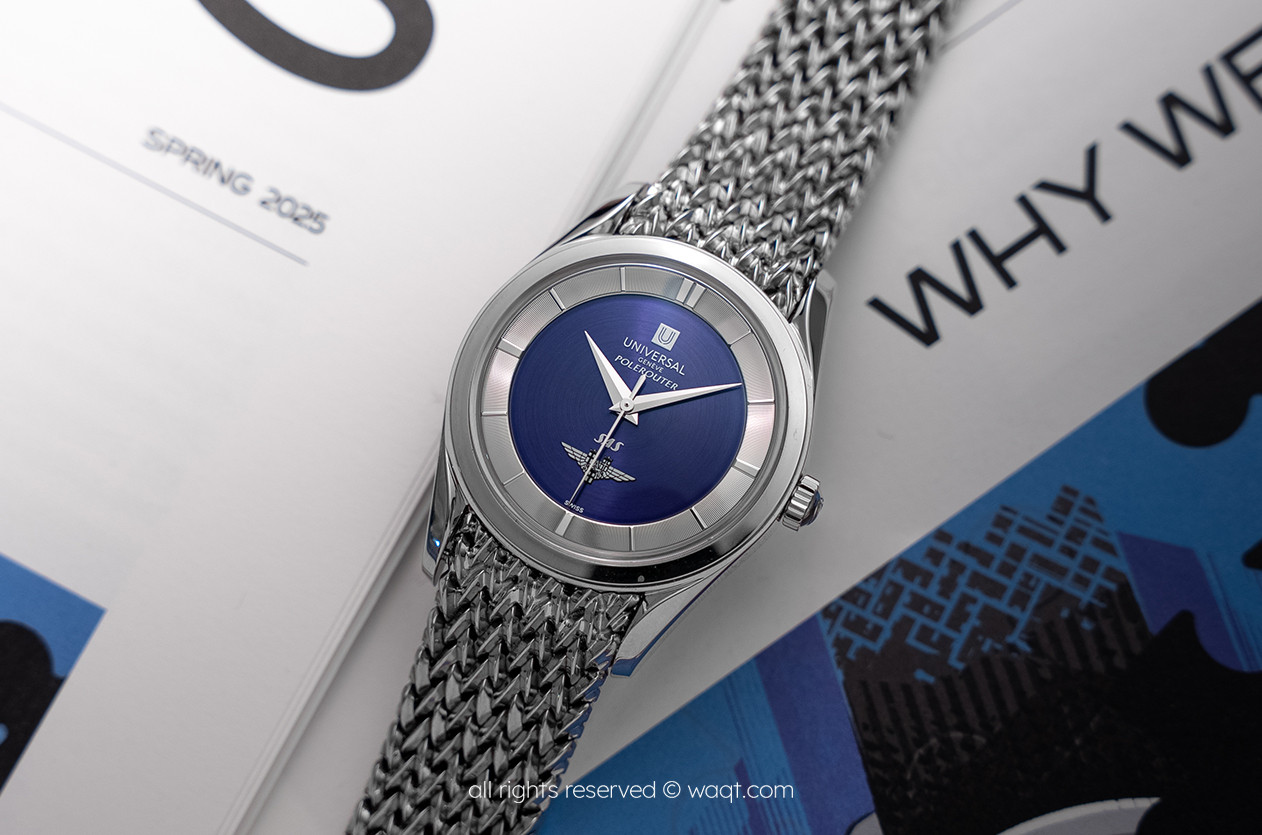
Hands on Phillips Presents Universal Genève’s First Timepiece Following Its Revival
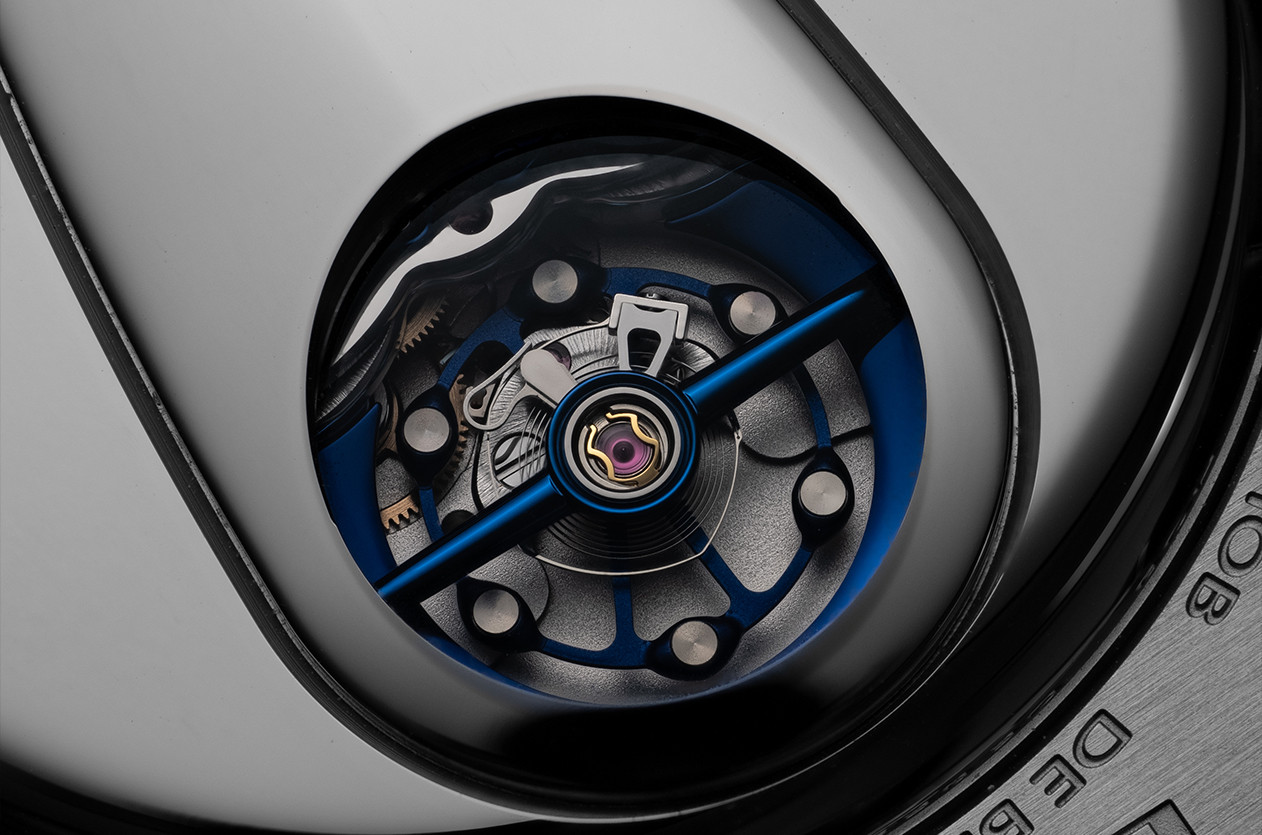
Technical The Frequency, Why It Matters in Mechanical Watches
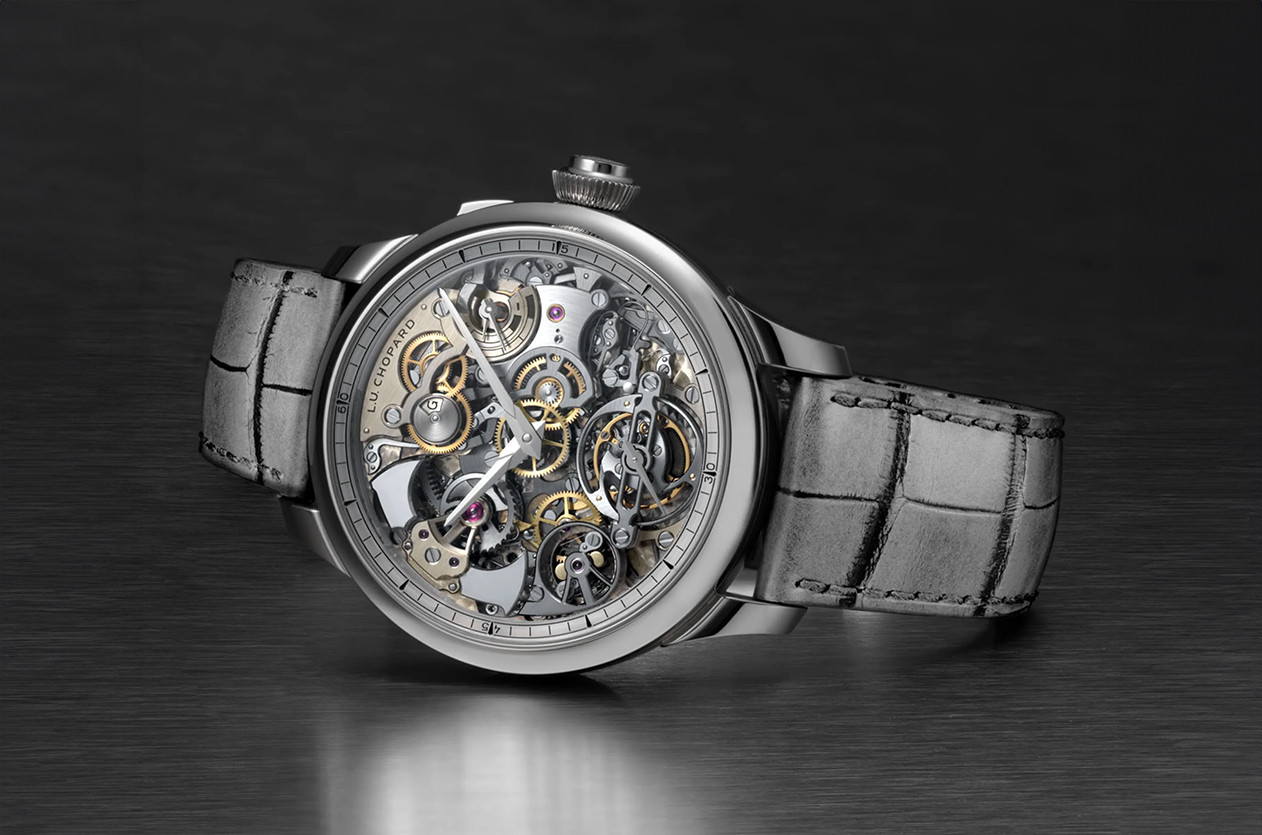
Introducing The New Chopard the L.U.C Grand Strike
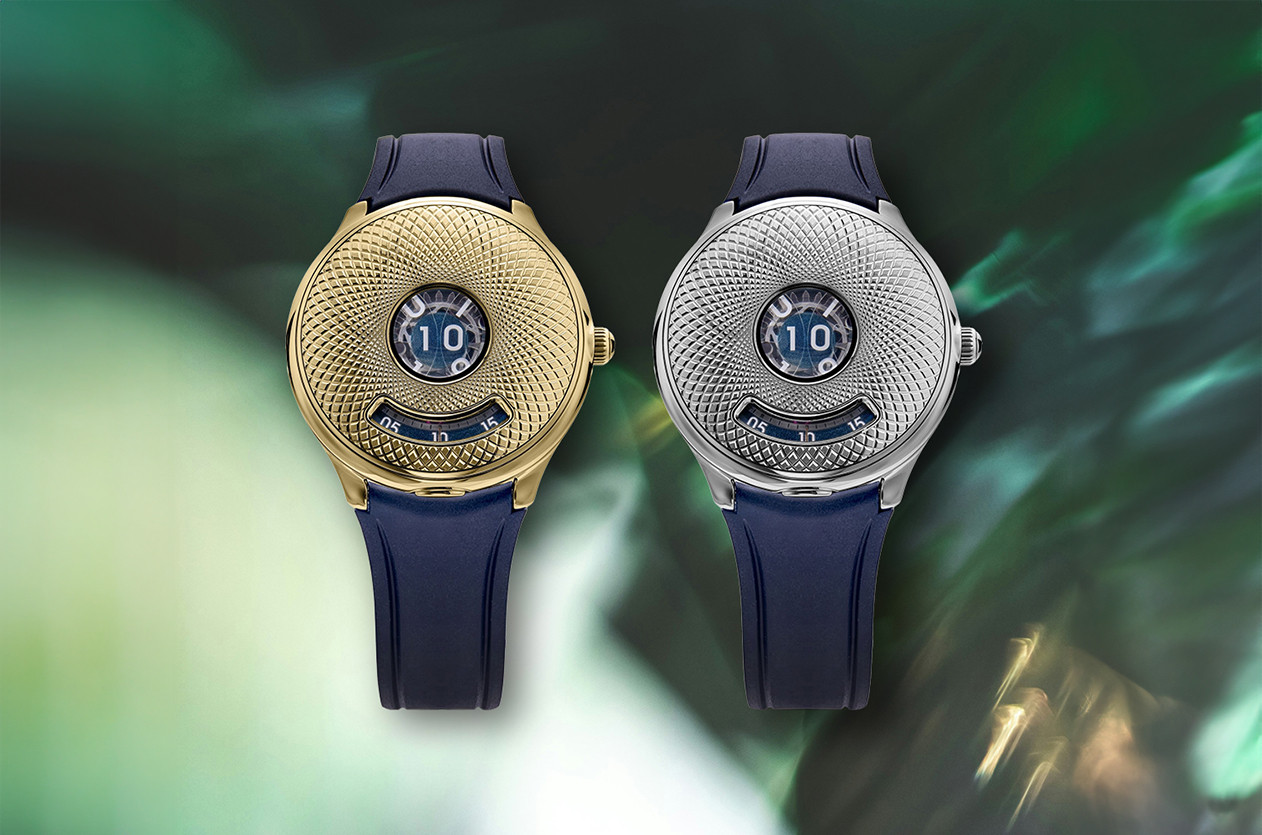
Introducing Czapek Unveils the Time Jumper 10th Anniversary